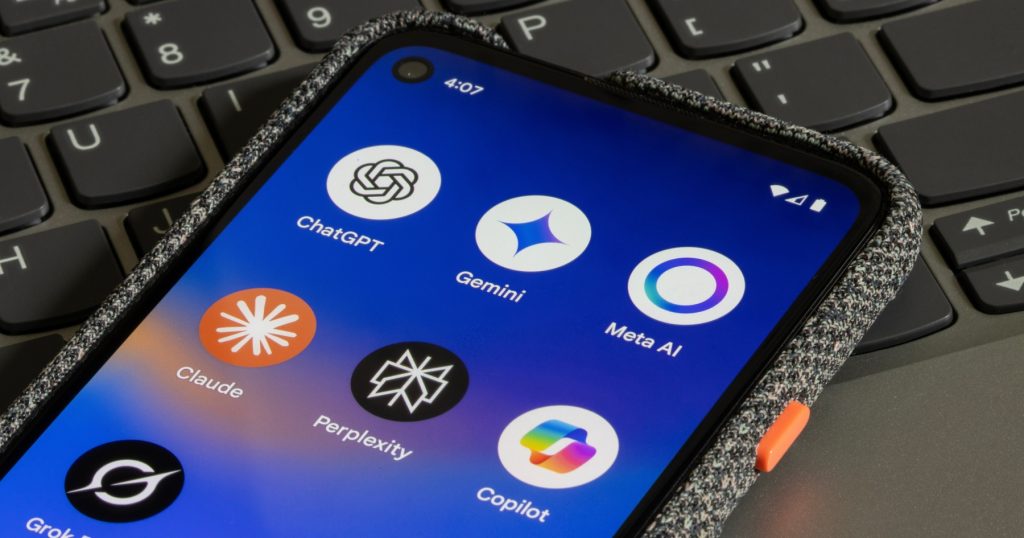
More than half of consumers use an AI app once a week, according to Yext. | Photo: Shutterstock
Restaurants have another reason to make sure their online listings and reviews are on point.
A new study found that those two factors are key in determining how restaurants show up when consumers query AI chatbots like ChatGPT, Perplexity and Gemini.
The study, by online visibility service Yext, takes a detailed look at the topic of AI citations, which means simply: When a person types a question into an AI chatbot, where does it go to find the answer?
Citations have been a major topic in the world of AI search. More consumers are now using AI to find info on the web—more than half do it once a week, according to Yext—but the logic behind the AI’s responses is still not fully understood. That has left restaurants wondering what, if anything, they can do to boost their visibility on those platforms, much like they have done for years with search engine optimization (SEO).
To conduct its research, Yext analyzed 6.8 million citations from 1.6 million responses across ChatGPT, Perplexity and Gemini. Unlike previous studies, it considered only queries that were location-based, such as “what are some good restaurants near me?” or “Tell me about the Chipotle in downtown Chicago.”
It looked at queries in four industries: foodservice, finance, healthcare and retail. Within foodservice, it analyzed more than 2.2 million citations.
Among those, the most (41.6%) came from listings on third-party sites such as Yelp, Google Business or DoorDash. Slightly fewer (39.8%) came from first-party websites (e.g., Chipotle.com). And just over 13% came from reviews and social media. The remaining 6% came from news, internet forums and government sources.
Among the four industries studied, foodservice had the largest share of citations from online reviews and social media.

Overall, Yext found the results encouraging, because 86% of all citations come from sources that are within a business’ control, such as first-party sites and online listings. The finding contradicts previous research that showed many AI citations come from Reddit and Wikipedia, where brands have little to no control over the information.
But Yext also concluded that restaurants face “a unique challenge” because of their heavier dependence on listings and reviews. “For food service brands, reputation and user-generated content are critical factors in AI visibility,” it wrote in the report.
Things like star ratings and Yelp reviews have always mattered for restaurants, and this finding only underscores their importance as more people turn to AI to help discover restaurants.
Notably, the research also found different citation patterns based on the type of question that is asked.
For instance, when a user asks a more open-ended question, like “what are some Mexican restaurants in downtown Chicago?” the answer is generally more likely to be sourced from restaurant websites.
However, if they ask something more direct, such as, “tell me about the Chipotle near Willis Tower,” third-party listings are more commonly cited.
Sourcing practices also differ from one AI model to another. Overall, ChatGPT generally leans more heavily on third-party directories like Yelp, while Google’s Gemini tends to favor first-party sites. Perplexity was more evenly split and turned to reviews/social media and news/forums more than the other two platforms.

Yext suggested that businesses need to find the right balance between which sources they choose to prioritize, whether that be their own website, their online listings or their reviews.
But it noted that listings on third-party sites may be a “sweet spot” for businesses because they deliver a high volume of citations with a moderate level of management required.
Members help make our journalism possible. Become a Restaurant Business member today and unlock exclusive benefits, including unlimited access to all of our content. Sign up here.

